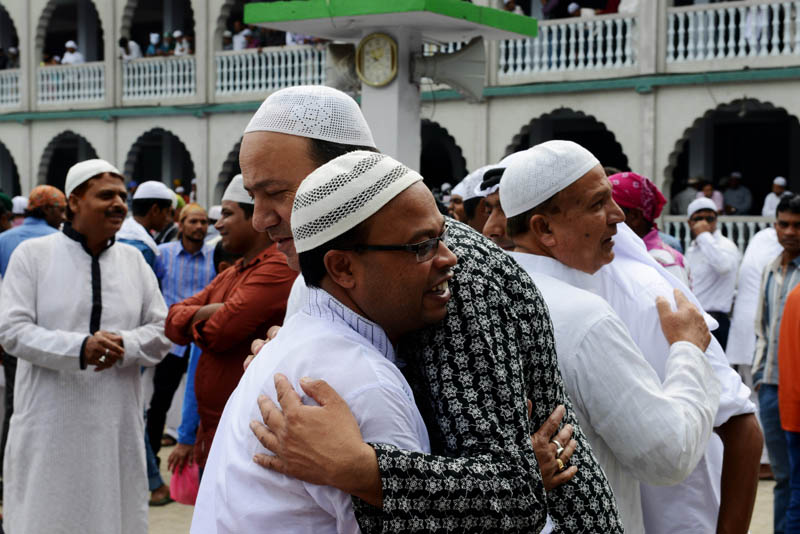‘Muslim commission needs autonomy’
Kathmandu, October 29
Stakeholders including Muslim lawmakers and lawyers said the new Muslim Commission Bill registered at the Parliament needed major changes to establish an autonomous commission that could effectively deliver expected results.
The government recently registered the Muslim Commission Bill 2016 with the aim of empowering the Muslim community that constitutes 4.4 per cent of the population.
Federal Socialist Forum-Nepal lawmaker Mohammed Lal Babu Raut said the bill was flawed, but more worrisome were the flawed constitutional provisions. Unlike Women Commission and Dalit Commission, the powers, functions and duties of Madhesi Commission, Tharu Commission and Muslim Commission have not been stated in the statute, he said.
Tarai Madhes Democratic Party lawmaker Akbal Ahmed Shah said Muslim lawmakers had registered amendments to allow able individuals to become members/Chair of the commission at the age of 35 against the current proposal of 45 years. He said the bill stipulated that the Muslim Commission would establish contact with the government through the Ministry of Federal Affairs and Local Development, which would work against the autonomy of the commission. “The Muslim Commission should be as powerful as other constitutional commissions and be allowed to directly communicate with the Office of the Prime Minister and Council of Ministers,” Shah added.
Member of National Human Rights Commission Mohna Ansari said the bill on Muslim Commission made it just like a committee under the MoFALD. “This commission should have enough autonomy and the commission should submit its report to the president, which can be presented to the Parliament through the prime minister,” Ansari said, and added that the bill should also ensure 33 per cent representation of women in the commission.
Former vice-president of Nepal Bar Association Surendra Kumar Mahto said the bill did not propose power to take punitive action against institutions for failing to ensure protection of Muslims’ rights, particularly to ensure Muslims’ inclusion in state organs. The commission, he added, should have powers to make recommendations, issue directives and prosecute those who violate Muslims’ rights.
Rights lawyer Dipendra Jha said the bill was not based on the Paris Principle. “Paris Principle says that when a state creates a national institution, it should have financial and administrative autonomy and its recommendations should be acted upon.






